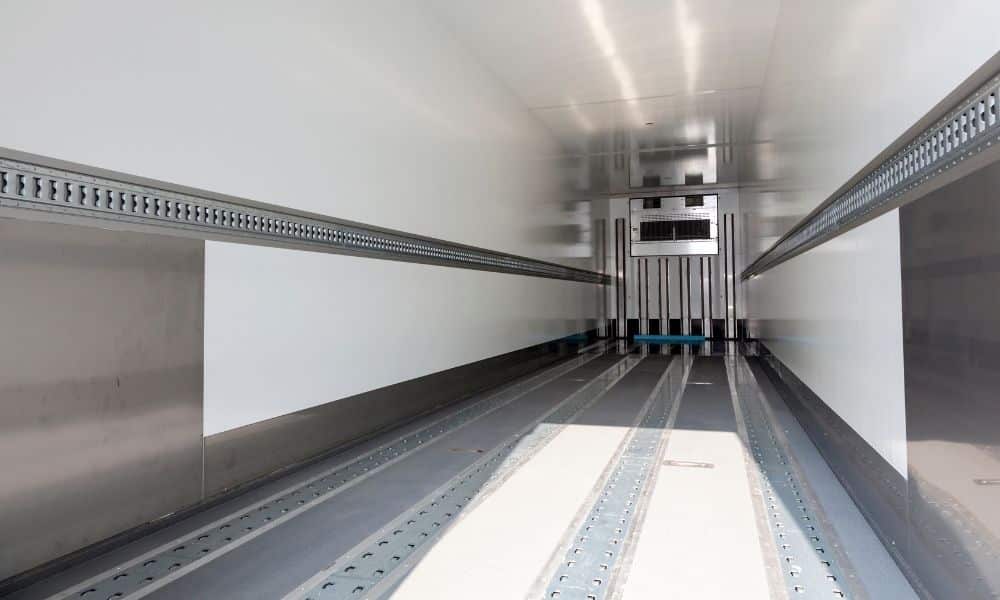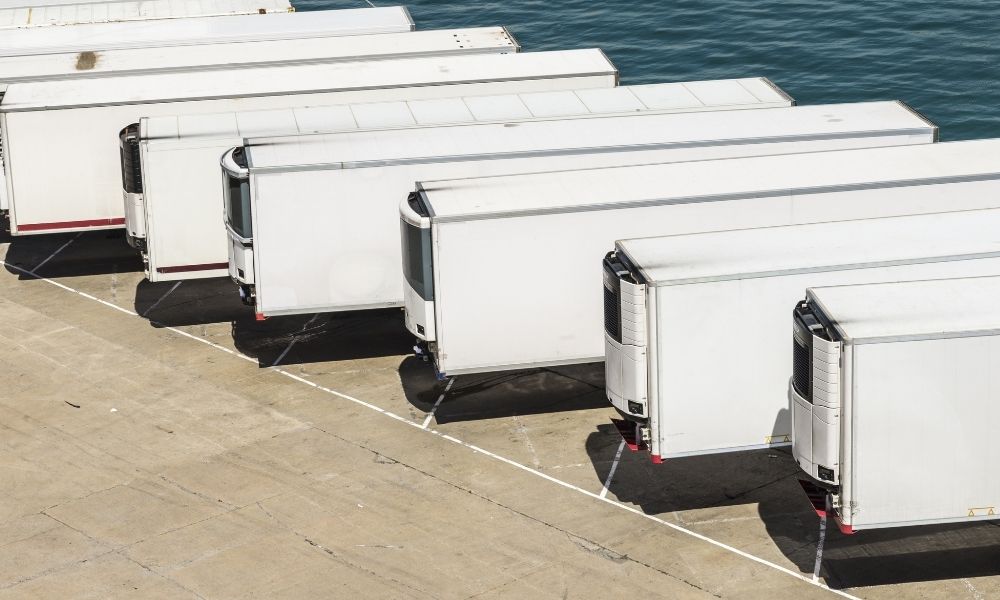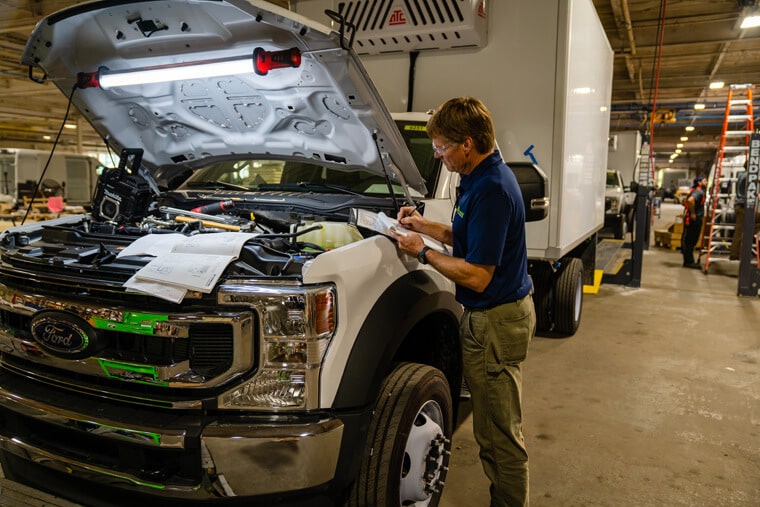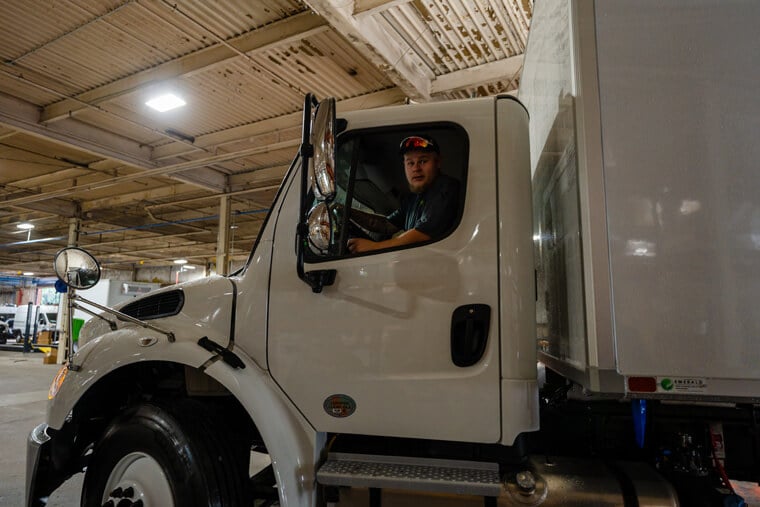
How Long Refrigerated Trucks Can Stay Cool For Before Refueling
Joe Dickman | April 30th, 2021
When a refrigerated truck is essential for your business operations, you can’t stop for too long. Food, pharmaceuticals, and other precious cargo must arrive at destinations in a timely manner; otherwise, you’re left with spoiled products. So, whether you must travel short or long distances, you need to understand how long refrigerated trucks can stay cool before refueling.
Consider How Refrigerated Trucks Operate
First, we need to think about how the truck’s cooling system works—various parts work together to achieve cool cargo. Refrigerated truck manufacturers equip their vehicles with compressors, condensers, and evaporators that trade fluids and gases to cool the interiors. Additionally, keep in mind that the insulation will keep your truck from experiencing any concerning temperature fluctuations; it keeps hot air out, and it prevents cool air from escaping the truck. Because these parts are crucial in climate control, it’s important to maintain this system so your vehicle will operate at peak performance.
Focus on the Fuel
Refrigerated trucks run on diesel, so they’re powerful and fuel-efficient vehicles. But how long can refrigerated trucks stay cool for before refueling? Often, refrigerated trucks can run two to three days without refueling them. However, it ultimately depends on how you maintain vehicle systems, as well as how often you open the truck. You burn more fuel when you constantly open the trailer doors. Remember to frequently inspect your truck for malfunctioning components and keep the tank as full as possible between trips. Like we mentioned, you don’t want to face downtime when you have time-sensitive deliveries.
Isn’t it amazing that businesses can run keep perishable goods perfectly cold because of innovative technology? If you believe your business could benefit from vehicles, contact Emerald Transportation Solutions today. We offer a wide range of refrigerated delivery trucks, and we make it easy to select the vehicle that best suits your needs. For more information, don’t hesitate to reach out to us.
Related Articles
Contact Us
Feel Free To Contact Us If You Have Any Questions
What does under DOT mean?
Questions regarding DOT requirements come up often. 10,000 lbs GVW (gross vehicle weight) and over are commercial vehicles that fall under the Department of Transportation regulatory requirements.
What is the difference between GVW and payload?
GVW or Gross Vehicle Weight is the entire weight of the vehicle including the payload. The payload weight represents the amount of cargo you are hauling.
What is a self-powered unit and a vehicle-powered unit?
A self-powered unit has its own fuel source and will run independent of the truck. This is the heaviest and most expensive option. While vehicle-powered units run off the engine via a compressor mounted on the engine. These are less expensive and lighter in weight but you must run the truck or plug the electric standby into shore power.
What does K-factor mean and why is that important?
K-factor is a term that stands for the overall insulating value of the container (truck body). Quite simply the lower the K-factor the better the truck body will be able to maintain a given temperature and require less energy to do so.
How much lighter is a Poly Van vs a US spec body?
Poly Van bodies are very light. On average we estimate we are 75-150 lbs per foot lighter than a traditional sheet and post foamed in place body. These weight savings translates to less fuel burn and less CO2 emissions, along with added payload, the most important benefit.






